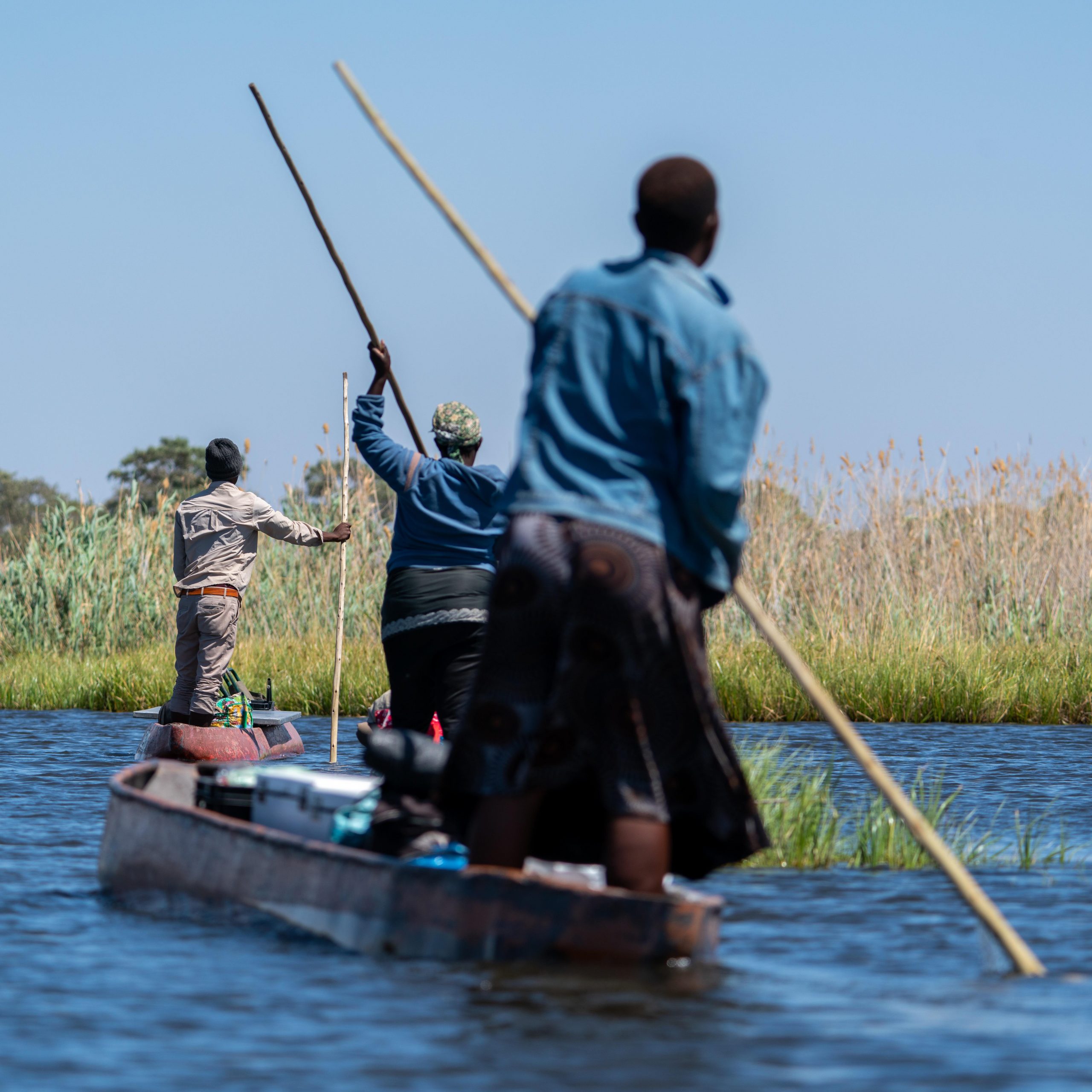The Okavango Delta is a unique and vibrant ecosystem located in the northwestern region of Botswana. It is home to a variety of wildlife, including elephants, lions, and hippos, and is a popular destination for tourists seeking to experience the African wilderness. However, the Okavango Delta is also home to a number of indigenous communities, whose way of life has remained largely unchanged for centuries.
The people of the Okavango are primarily members of the Bantu-speaking tribes, including the Hambukushu, Bugakhwe, and Wayeyi. They have traditionally lived off the land, relying on agriculture, fishing, and hunting to sustain their communities. The Okavango Delta provides fertile soil for crops, and the surrounding waterways are teeming with fish. The people of the Okavango also hunt game, such as antelope and buffalo, for meat and hides.
Despite the rugged and unforgiving terrain, the people of the Okavango have adapted to their environment and have developed a deep understanding of the natural world. They possess a wealth of knowledge about the plants and animals that surround them, and their traditional practices reflect a deep respect for the land and its inhabitants.
In recent years, however, the way of life for the people of the Okavango has come under threat. The increasing demand for tourist activities in the region has resulted in the encroachment of lodges and safari camps on traditional land. This has led to conflicts over resources and land use, as well as concerns about the impact of tourism on the environment and the local communities.
Despite these challenges, the people of the Okavango have continued to adapt and maintain their traditional way of life. Many have turned to ecotourism as a way to generate income and preserve their cultural heritage. They offer visitors a unique and authentic experience, providing opportunities to learn about traditional practices such as basket weaving, fishing, and hunting.
In addition to ecotourism, the people of the Okavango have also found ways to engage with the broader world. They have formed cooperatives to sell their handmade crafts and agricultural products, and many have taken advantage of educational opportunities to gain the skills needed for modern jobs.
The life of the people of the Okavango is a testament to the resilience and adaptability of human culture. Despite the challenges they face, they have maintained a deep connection to the land and to each other, and their traditional practices continue to provide a vital source of knowledge and wisdom for generations to come. As the world continues to change, we can all learn from the example of the people of the Okavango and their commitment to preserving their way of life while also engaging with the broader world.

Comment (0)